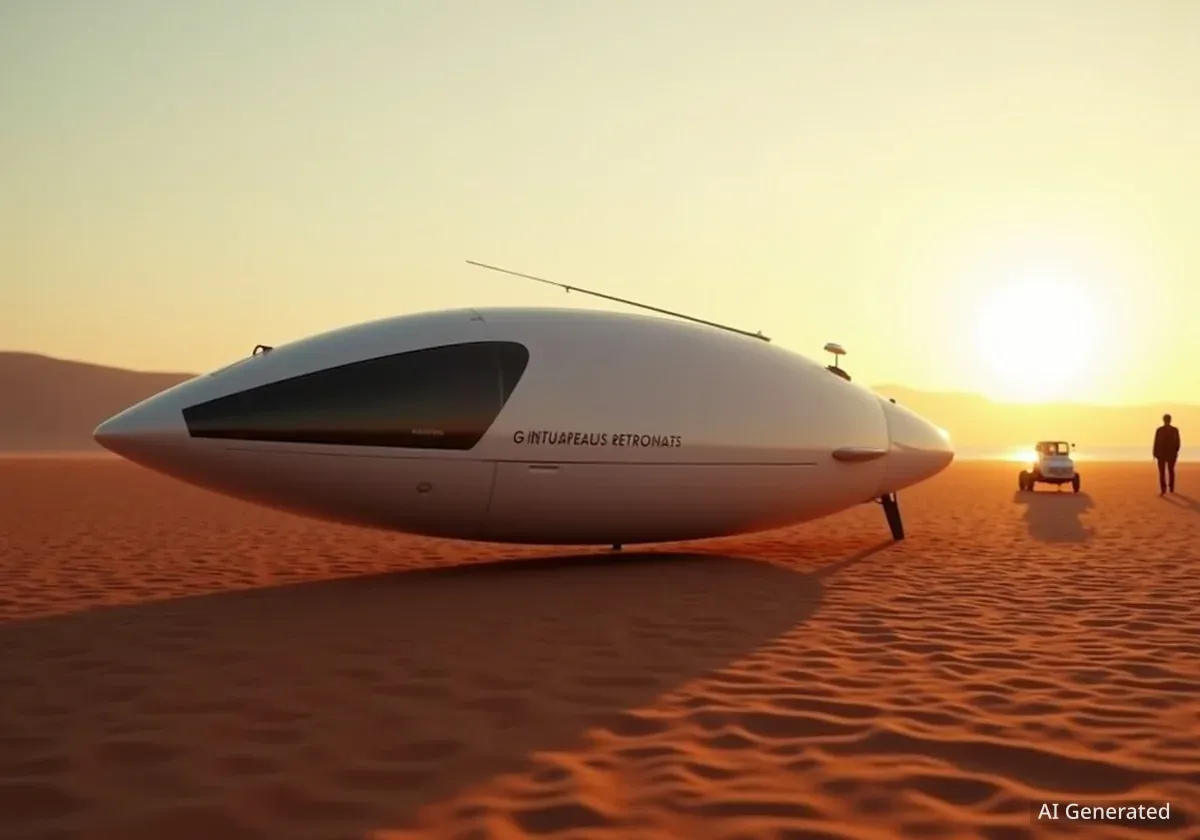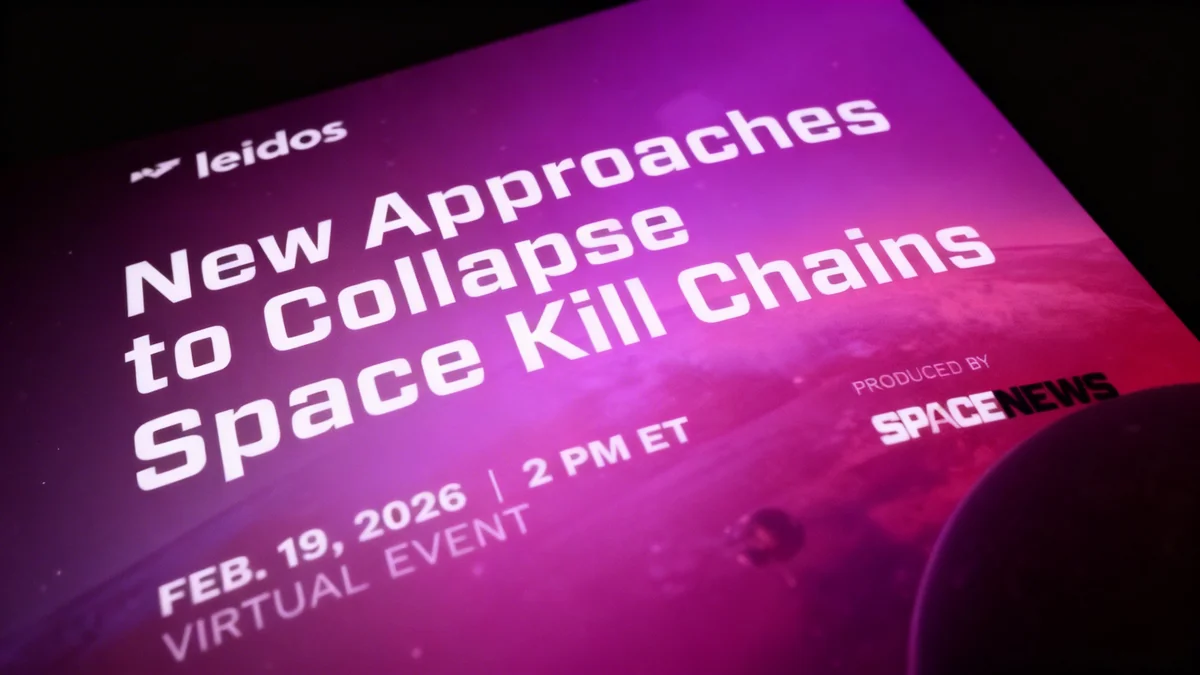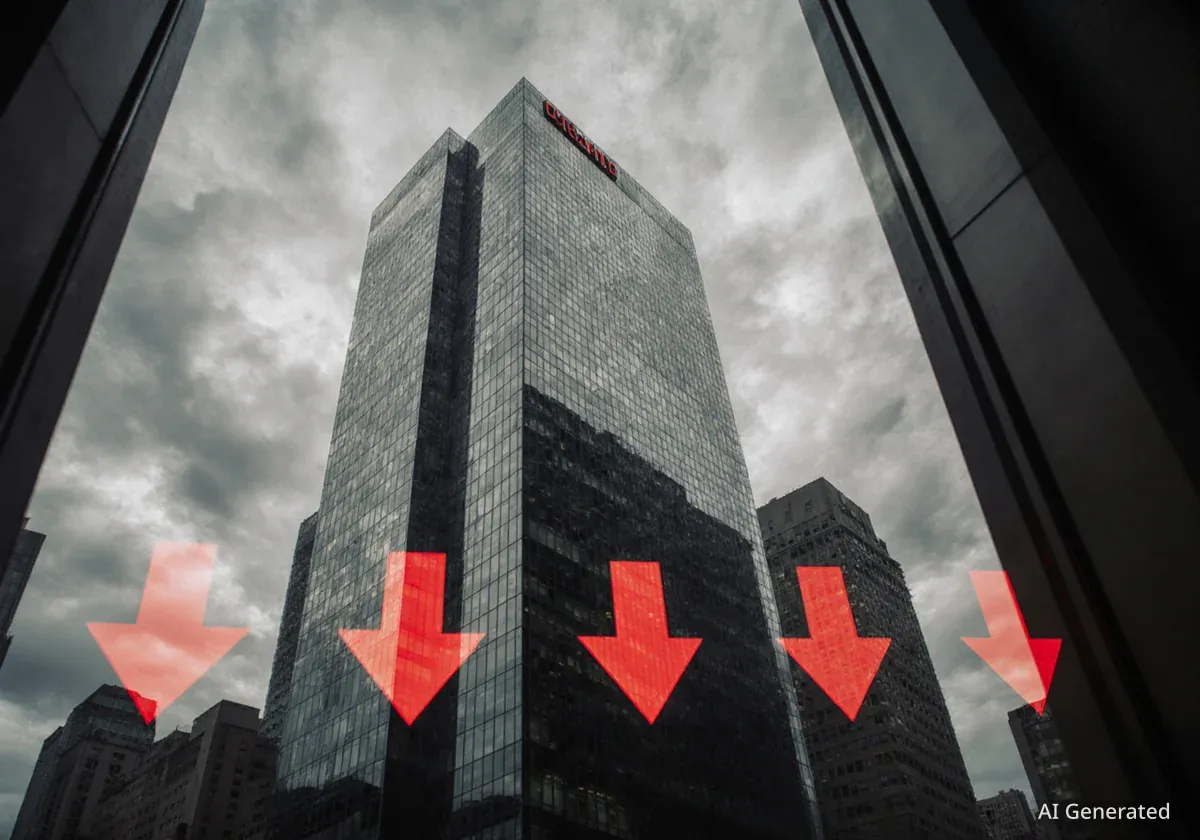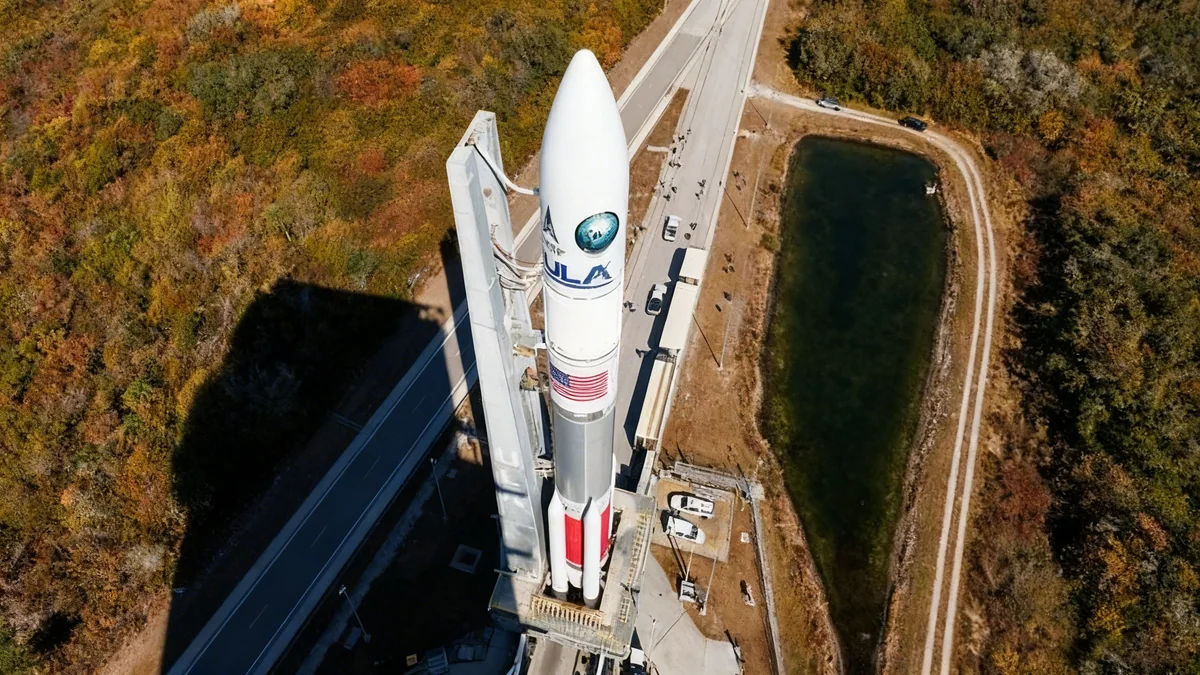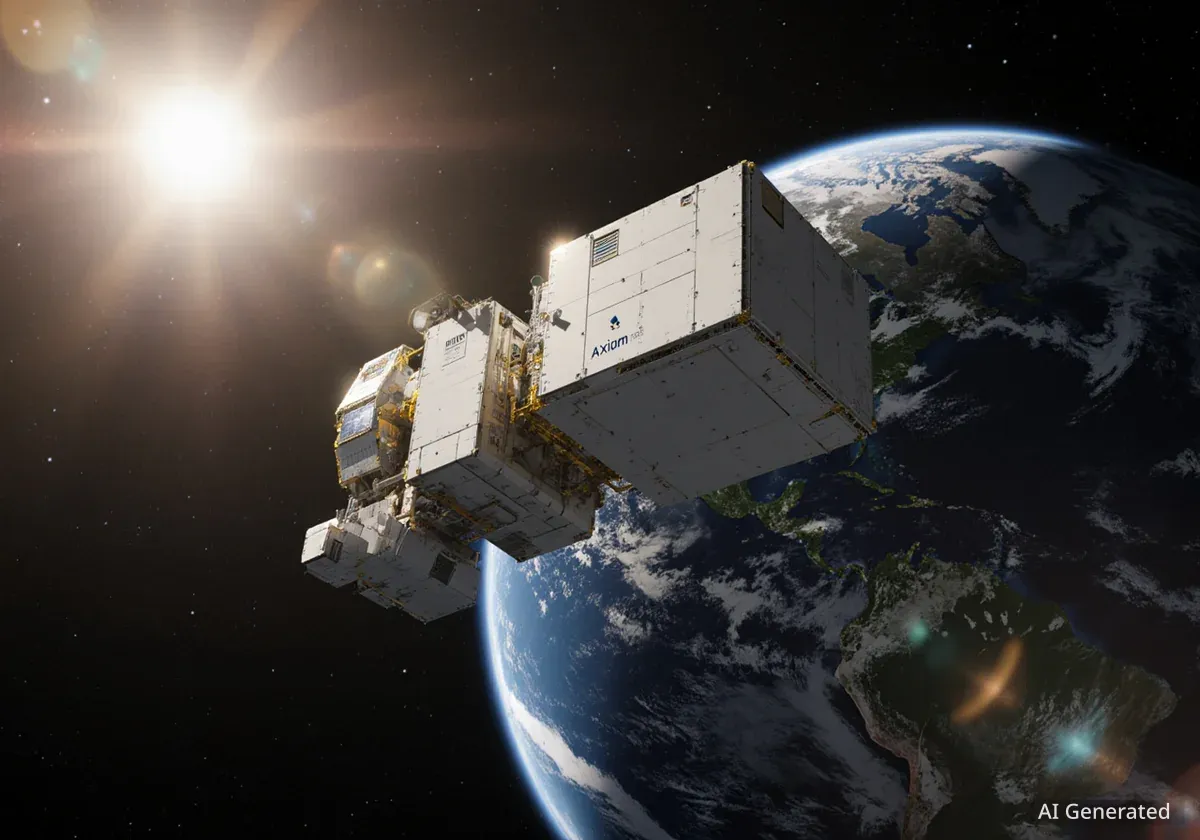Varda Space Industries, a company focused on in-space manufacturing, has finalized a long-term agreement with Australian spaceport operator Southern Launch. The deal allows for up to 20 of Varda's space capsules to reenter Earth's atmosphere and land in South Australia through 2028, positioning the country as a key partner in the growing commercial space industry.
Announced during the International Astronautical Congress (IAC), this extended partnership solidifies the use of the Koonibba Test Range for Varda's frequent mission returns. The agreement supports Varda's plans to scale its microgravity manufacturing operations, which require a reliable and high-cadence reentry location.
Key Takeaways
- Varda Space Industries can land up to 20 capsules at the Koonibba Test Range in South Australia until 2028.
- The agreement follows Varda's decision to move its primary reentry operations from the United States due to regulatory and approval challenges.
- This partnership supports Varda's long-term goal of conducting monthly missions for in-space manufacturing of products like pharmaceuticals.
- Australian officials view the deal as a major step in establishing the country as a global hub for both space launches and reentries.
Details of the Expanded Partnership
The agreement between Varda Space Industries and Southern Launch builds upon an existing relationship. It designates Southern Launch's Koonibba Test Range as the landing site for a significant number of Varda's upcoming missions. This facility provides a vast and secure area for capsule recovery.
Koonibba Test Range Specifications
The Koonibba Test Range covers an extensive area of 41,000 square kilometers in South Australia. Its remote location and sparse population make it an ideal site for managing the risks associated with spacecraft reentry and landing.
Varda has already successfully utilized the Australian site for two missions. The capsule from its W-2 mission returned in February, followed by the W-3 mission capsule in May. According to the company, the W-4 mission, which is currently in orbit, is also scheduled to land at Koonibba before the end of the year. The yet-to-be-launched W-5 mission is slated for the same recovery location.
A Strategic Move from the United States
Varda's first mission, W-1, landed at the Utah Test and Training Range in the United States in February 2024. However, the process of securing the necessary licenses and approvals for that reentry proved to be complex and time-consuming. These challenges prompted Varda to seek a more streamlined and predictable location for its future operations.
Eric Lasker, Varda’s chief revenue officer, explained the company's reasoning at the IAC event where the new agreement was announced. He noted that the experience with the first mission highlighted significant hurdles in the U.S. regulatory landscape for frequent commercial reentries.
“Through that experience, it became pretty clear that the U.S. was not going to be the location for high-cadence reentry operations in the near term,” Lasker stated.
This realization led Varda to partner with Southern Launch. Lasker praised the collaboration, stating, “The partnership has been really incredible with Southern Launch and with South Australia.”
Supporting High-Cadence In-Space Manufacturing
The agreement is a critical component of Varda's strategy to increase its mission frequency. The company aims to establish a regular schedule of space-based manufacturing flights, with a long-term ambition of launching and returning capsules on a monthly basis. This high tempo is essential to make in-space manufacturing commercially viable.
The Potential of Microgravity Manufacturing
Manufacturing in a microgravity environment allows for the creation of materials and products with unique properties not possible on Earth. Key potential markets include:
- Pharmaceuticals: Growing purer protein crystals for drug development.
- Semiconductors: Producing flawless crystals for advanced electronics.
- Fiber Optics: Creating higher-quality optical fibers with lower signal loss.
In July, Varda announced it had raised $187 million in a Series C funding round. The capital is intended to scale up the production of its spacecraft and further invest in microgravity life sciences research. A reliable reentry site is fundamental to this expansion.
“We determined that we needed a high-cadence reentry capability that we can launch as many times as industry demands, and then bring that down,” Lasker said. He added that such a capability would allow potential microgravity markets to “actually be economically viable for the first time.”
Australia's Growing Role in the Global Space Economy
For Southern Launch and Australia, this multi-year contract is a significant endorsement. Lloyd Damp, chief executive of Southern Launch, described the agreement as a major achievement for his team and the nation's space sector.
“This contract is a vote of confidence in our team and our facilities. With each successful mission, we’re proving that the Koonibba Test Range is the best place on Earth to bring space technology home,” said Damp.
Australian government officials are actively promoting the country as an ideal location for space activities. They highlight advantages such as vast, unpopulated areas and relatively uncongested airspace, which simplify the logistics and safety considerations for both launches and reentries. This initiative marks a return to the country's early involvement in the Space Age when it hosted launches from the Woomera Range Complex.
Enrico Palermo, head of the Australian Space Agency, emphasized this vision at the event. “We were part of those early days, but then we had a gap,” he said. “That gap is now closed.”
Palermo extended an invitation to the global space community, stating, “The message we want to convey to the international space community, in many ways, is that Australia is open for business for launch and returns. We want to partner with the world to enable you to do science, to launch things to space, to do on-orbit manufacturing and return it safely.”

